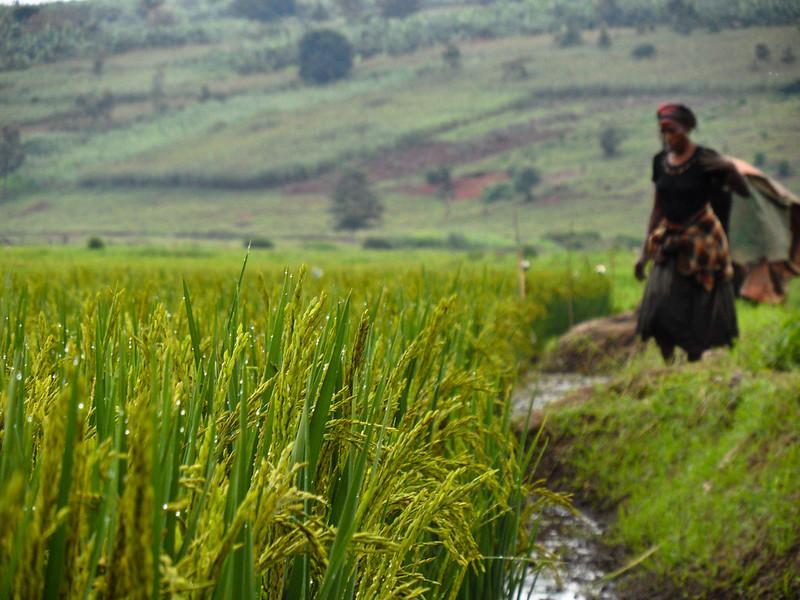Farming After Fighting
Farming after fighting: a report that examines agricultural recovery after conflict, using global case studies to extract insights and gather learnings.
Conflicts in the Global South have increased in the 2010s, usually civil conflicts that persist for a decade or more. They raise the question of how agriculture, which may bear heavy costs during conflict, recovers when peace returns.
The research team assessed six conflicts that ended in the early 1990s and early 2000s – in Cambodia, Mozambique, Peru’s southern highlands, Rwanda, Sierra Leone and northern Uganda – to review the experience and extract lessons.
War was costly to farmers and herders. Lives were lost, people were maimed and injured; some people fled the fighting never to return to their villages. Physical assets were often destroyed – crops, livestock, barns on farms, government buildings and telecoms in the public realm. Other assets fell into disrepair: roads, irrigation systems. In Cambodia and Mozambique, mines were sown, rendering farmland too dangerous to till. Public services were often suspended, trade was disrupted.
Despite the losses to warfare, when peace returned, agriculture recovered rapidly in all cases other than northern Uganda. To some extent, rapid growth reflected a rebound as farmers returned to their fields, putting fallowed land back to work. It was not just a rebound: levels of production before conflict were soon restored, then surpassed: for many crops and countries, growth of output was faster after conflict than before hostilities.
Increased output came as much, if not more, from crops grown very largely by smallholders as from commercial and export crops typically grown on larger farms.
The speed and strength of agricultural recovery after conflict was even more remarkable because in four cases – Cambodia, Mozambique, Peru and Rwanda – farmers received very little public support when conflict ended. Governments had other priorities, such as keeping the peace, and they had few funds to invest. Leaders often preferred large farms to smallholdings, believing the former to be capitalised, technically advanced and efficient.
